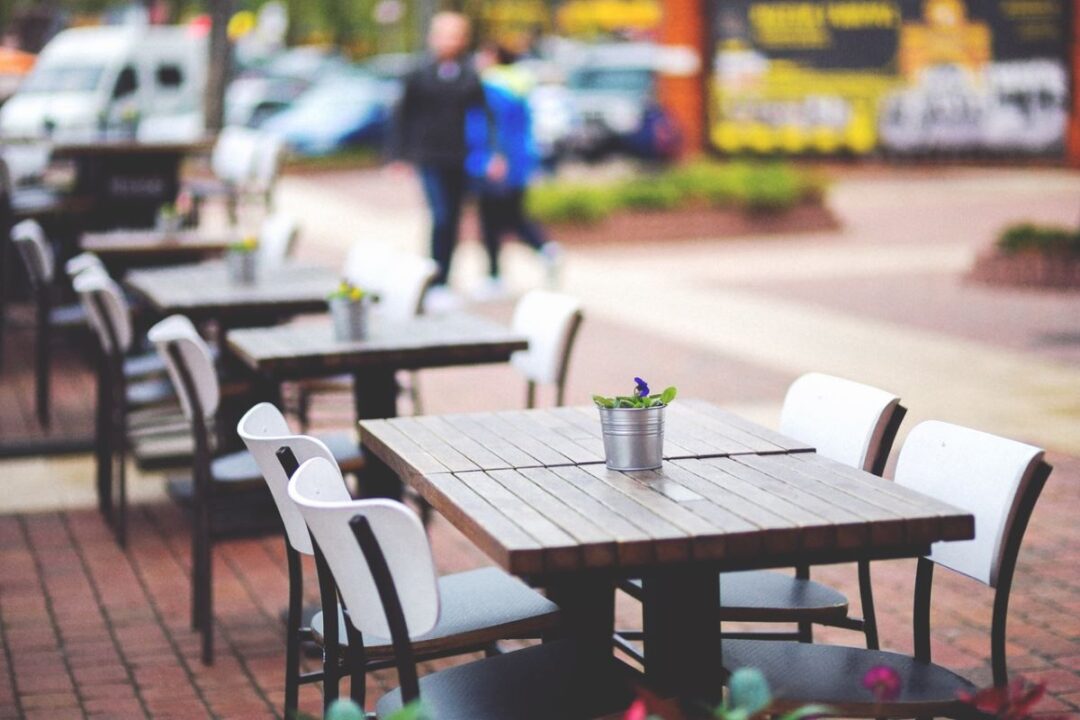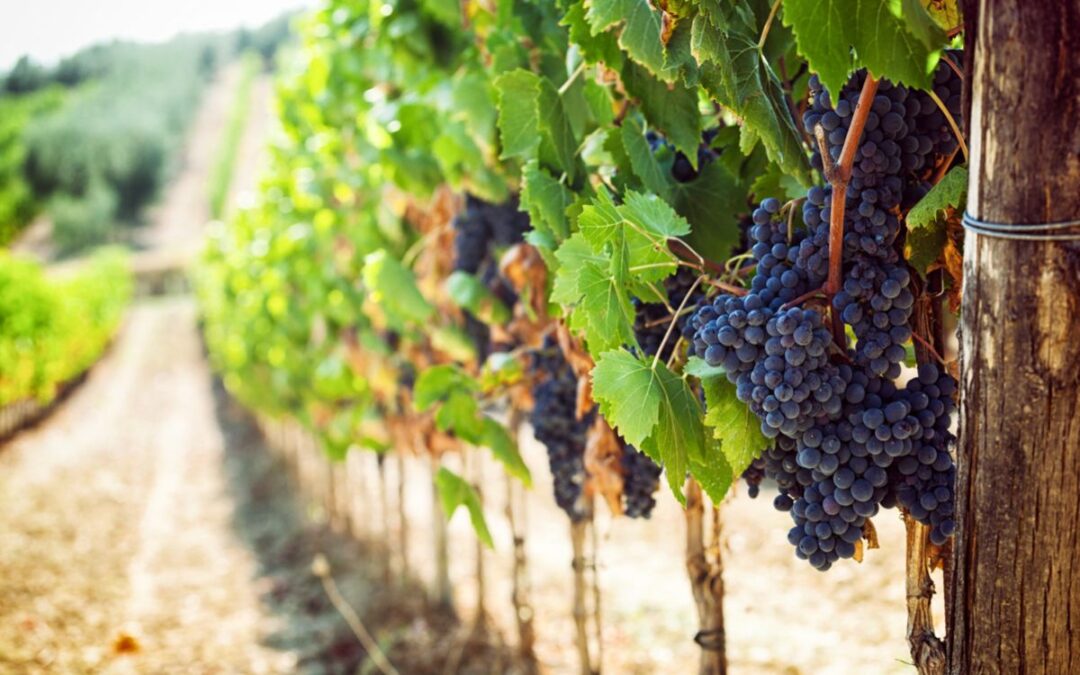Alcohol Is Allowed to Be Sold on Summer Terraces in the Russian Federation Since June 1
Russian restaurants can legally sell alcoholic beverages on their summer terraces since June 1. The president signed the corresponding federal law at the end of May this year.

In particular, the document has introduced changes to the law on state regulation of the production and distribution of alcohol. Now it contains the term “seasonal hall (area) for serving clients”, which is a temporary building or construction intended to provide public catering services for a certain time (season) and which are located on the territory near to the catering facility (or adjacent to it).
Now the law establishes that the retail sale of alcohol in the provision of public catering services can also be carried out in such seasonal halls, and not only in catering establishments that have a hall for serving clients.
To be able to sell alcohol in such temporary areas, the requirements for the retail sale of alcoholic beverages when providing catering services must be met. In addition, a document is required confirming the compliance of such seasonal areas with regional requirements for their placement and arrangement.
As Sergei Mironov, public commissioner for the restaurant business in Moscow, told TASS, the law eliminates the previously existing conflict. Due to the specific character of the alcohol sale license, its sale in restaurants was possible only within a certain area — seasonal buildings were not included in this zone.
“We have faced a legal conflict: strictly according to the law, imagine you are sitting on the summer terrace, eating a steak — you cut off a piece, run inside to the bar, drink a sip of wine, come back and take another bite. So you have to run back and forth. Naturally, this was not the case anywhere; alcohol was consumed on summer terraces all over Russia,” commented Sergei Mironov.
According to him, this situation provoked entrepreneurs to formally violate the law. From time to time, this could lead to negative consequences for them — for example, fines. Additionally, there was no standardized definition of seasonal restaurant designs—different municipalities could define them in a different way.
The adopted law is aimed at solving this situation. “The conflict is de jure eliminated. We are following the right path, without calling law-abiding entrepreneurs violators,” the expert concluded.




Popular
Нет просмотренных постов.

